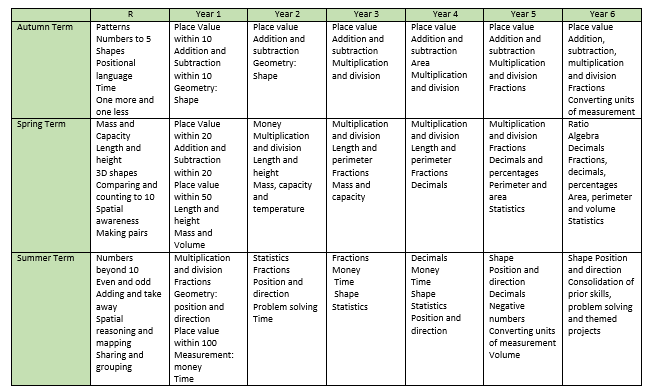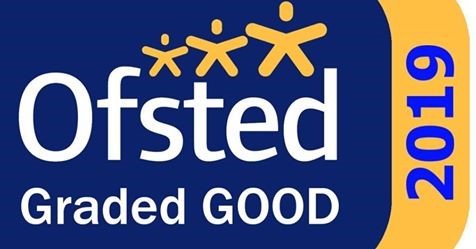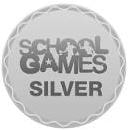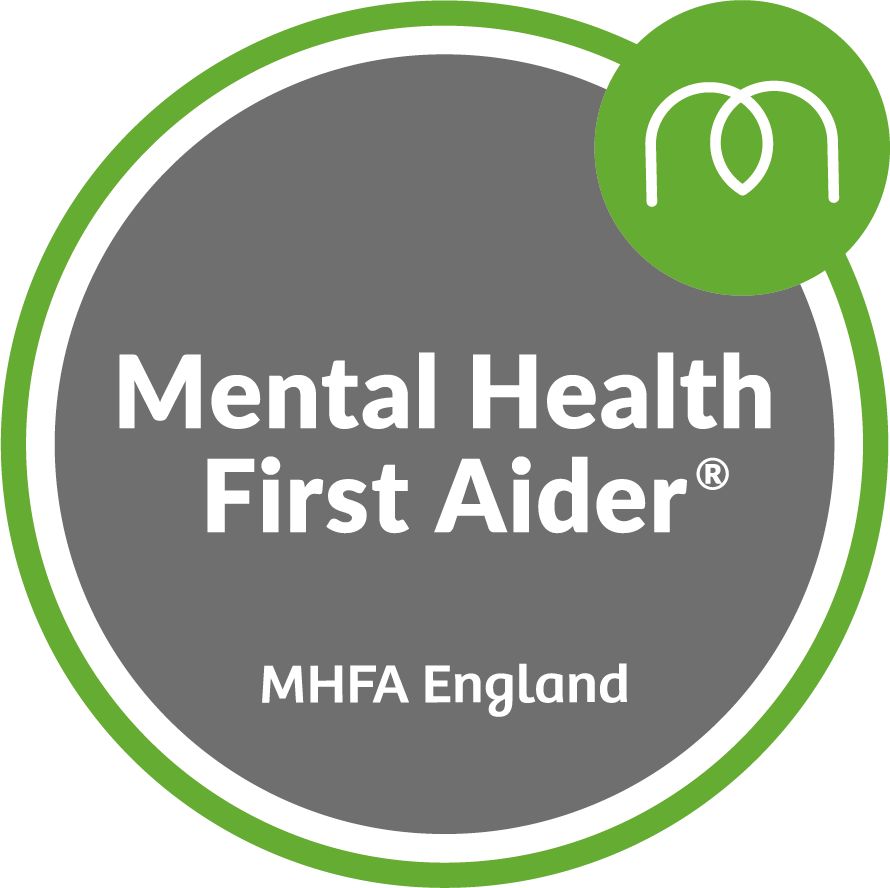|
Intent Statement
Mathematics Our Mathematics curriculum is underpinned by the National Curriculum Programmes of Study. We use a mastery approach to learning in Mathematics, meaning that we ensure that all pupils are confident and proficient in the planned knowledge and skills before moving on to new content. Our curriculum is supported by White Rose, which breaks the learning down into small steps. Teachers then use a range of resources to support teaching of the White Rose small steps. In addition to our mathematics lessons, each year group also takes part in short fluency sessions a few times per week. In KS1, fluency sessions follow the Mastering Number programme. In KS2, the Ready to progress criteria are used to identify and fill gaps in children's understanding. Children take home weekly fluency facts which are practised in class and tested weekly. Pupils can challenge themselves in their learning by taking a challenge from the 'challenge pocket' in each classroom . Our curriculum enables competent and confident mathematicians, recognising the importance of mathematics in the world around them. Implementation
Class teachers follow the White Rose Maths Curriculum to underpin their planning and teaching, and carefully plan for an appropriate balance of pictorial and concrete resources, alongside abstract problems, to ensure that all pupils are able to progress within individual lessons, and across a sequence, using mastery approaches. Formative assessment practices identify any learning gaps within individual lessons to inform daily feedback and catch-up sessions, allowing all pupils to be ready for the next lesson in the sequence. Teachers ensure there is sufficient time for regular, focussed rehearsal of core number facts that are essential to solving mathematical calculations and problems. Impact
Class Teachers are expected to make regular formative and summative evaluations of learning that determine whether pupils are meeting the expectations for individual lessons, and against the expectations set out in the curriculum progression document. Teachers seek the advice of colleagues and leaders where individuals or groups of pupils are not yet meeting the expectations. The Maths Leader ensures there is routine moderation of evaluations so that National Curriculum expectations are met by all. Where evidence indicates a need, individual, group or staff training is provided to ensure that professional subject knowledge exists, enabling all pupils to meet expected standards. Progression
Subject Days
On Thursday 23rd March 2023, we celebrated World Maths Day! Children dressed up as their favourite numbers and spent the day exploring maths through a range of puzzles, challenges and games. We also linked our maths learning to different curriculum areas to understand how maths is used in the wider world. The day ended with a times table battle in our whole school assembly! Local Community Links
Through our Time Table Rockstar website, we are able to regularly compete against other schools in our local area and across the whole of England. In November 2022, KS2 took part in England Rocks and some lucky winners in each year group took home a TT Rockstar pencil for their efforts towards our school totals. Supporting From Home
Our Calculation Policy Our Parent Pocket Guides give guidance on our calculation policy and how maths is taught in our school: Addition Subtraction Multiplication Division Weekly Maths Facts Every week, children bring home five new maths facts to practise and learn at home. These are then tested the following week along with the previous two weeks' facts (so 15 in total). Weekly Maths Facts Parent Workbooks You can also support your child's mathematical journey by using the Parent Workbooks at home supplied by White Rose. These are available on the White Rose website. Use your child's Google classroom page to identify which maths unit they are currently working on. The learning in the booklets will align with the teacher's daily lessons, allowing your child additional practise that they can complete at home. Parent Guidance Videos White Rose also provides free videos which you can access to develop your understanding of how maths is currently taught in primary schools. If you feel as though maths has changed since you were at school, or you are concerned about how best to support your child with maths at home, then these videos will be invaluable. We also have videos we have made for each key stage about how to support with maths: EYFS and KS1 Lower KS2 Upper KS2 MTC Check In June, Year 4 pupils take part in the statutory Multiplication Table Checks. The purpose of the MTC is to see whether pupils can recall their times tables fluently, which is essential for future success in mathematics. Schools must administer the checks to all eligible Year 4 pupils in the first three weeks of June. The MTC consists of 25 times table questions which are completed on a computer. The children will be given three practise questions before the test starts. They will then have 6 seconds to answer each question. You can help to prepare your child for the MTC by practising times tables at home using TTRockstars or other similar websites. The Soundcheck part of the TTRockstars website mimics the test conditions. Children will be tested on a variety of questions from different times tables up to 12 x 12, but will not be tested on division. You can find out more information about this here or by looking at the powerpoint from our parents workshop, held in November. Websites for Maths learning at home We have several different websites that we subscribe to which can help your child to develop their maths skills further at home. Log in details for these websites can be found inside the front cover of reading records. Click on the links below for more information about these different websites. Times Tables Rock Stars Numbots Doodlemaths (KS2) historical Information
. |
Maths in our school... | ||||||












